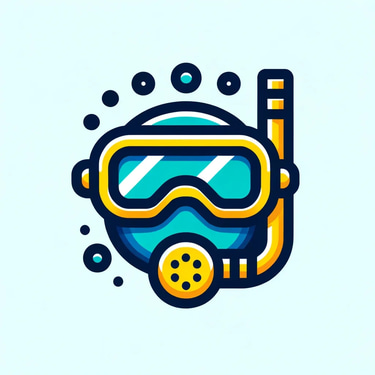Cigarette Butts: The Most Common Ocean Pollutant
Cigarette butts are the number one ocean pollutant, releasing toxins and microplastics into marine ecosystems. Learn why they’re so harmful and what divers and beachgoers can do to help.
PRESERVING OUR GREAT LAKES AND OCEANS


Cigarette Butts: The Most Common Ocean Pollutant
Why Cigarette Butts Are Everywhere
Cigarette butts are by far the most frequently found item in global beach cleanups. According to the Ocean Conservancy, volunteers have collected over 5.6 million cigarette butts in a single year of International Coastal Cleanup events. That’s more than food wrappers, plastic bottles, and bags combined.
The issue isn’t just the sheer number of cigarettes smoked daily—estimated at more than 5 trillion worldwide—but the fact that most butts are discarded improperly. Tossed into streets, beaches, and storm drains, they inevitably wash into waterways and the ocean.
The Hidden Plastic Problem
Many people think cigarette butts are made of cotton, but most filters are composed of cellulose acetate, a type of plastic. These filters can take up to 10 years to break down, and even then, they fragment into microplastics that persist in the environment.
As they degrade, cigarette butts also leach arsenic, nicotine, lead, and other toxic chemicals into the water. These toxins can poison fish, seabirds, and even coral reefs, creating a ripple effect throughout the food chain.
Harm to Marine Life
Fish, sea turtles, and birds often mistake cigarette butts for food. Ingesting them can block digestive systems, cause malnutrition, and even lead to death. Studies have shown that just one cigarette butt soaking in a liter of water can release enough chemicals to kill small marine organisms like fish larvae.
What Divers and Beachgoers Can Do
Divers and ocean lovers are in a unique position to help address this pollution. You can:
Join or organize coastal cleanups through groups like Ocean Conservancy or Project AWARE.
Advocate for beach smoking bans, which have been shown to drastically reduce cigarette litter.
Educate friends and family that cigarette butts are not biodegradable and should never be tossed into the sand or water.
Collect butts when you see them during shore dives or beach walks—every handful makes a difference.
By tackling this small but mighty pollutant, divers can help protect the marine life they love to see.
Happy and safe diving,
The ScubaBlast Team
Ocean Conservancy. (2023). International Coastal Cleanup Report: Cigarette butts top the list of debris. Retrieved from https://oceanconservancy.org/trash-free-seas/international-coastal-cleanup/
Novotny, T. E., Lum, K., Smith, E., Wang, V., & Barnes, R. (2009). Cigarettes butts and the case for an environmental policy on hazardous cigarette waste. International Journal of Environmental Research and Public Health, 6(5), 1691–1705. https://doi.org/10.3390/ijerph6051691
NOAA Marine Debris Program. (2022). Cigarette butts in the ocean. Retrieved from https://marinedebris.noaa.gov
